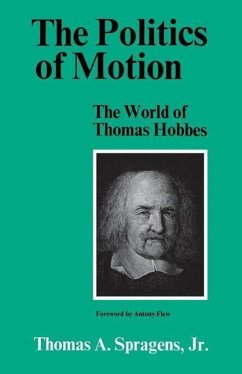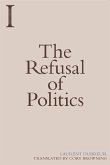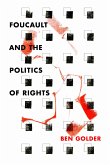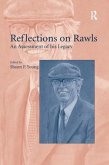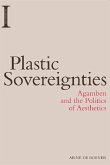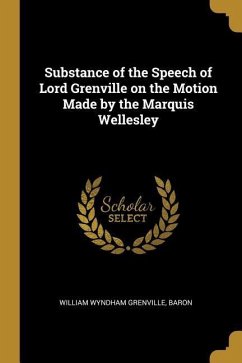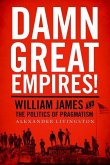Two principal issues interact and overlap in this penetrating analysis: the relationship between Hobbes' natural philosophy and his civil philosophy, and the relationship between Hobbes' thought and the Aristotelian world view that constituted the philosophical orthodoxy he rejected. On the first point Thomas A. Spragens Jr. argues that Hobbes' political ideas were in fact significantly influenced by his cosmological perceptions, although they were not, and could not have been, completely derived from that source. On the second, the author demonstrates that Hobbes undertook a highly systematic transformation of Aristotelian cosmology: he borrowed the form of the Aristotelian cosmology, but radically refashioned its substance to accommodate the discoveries of contemporaries such as Galileo.

